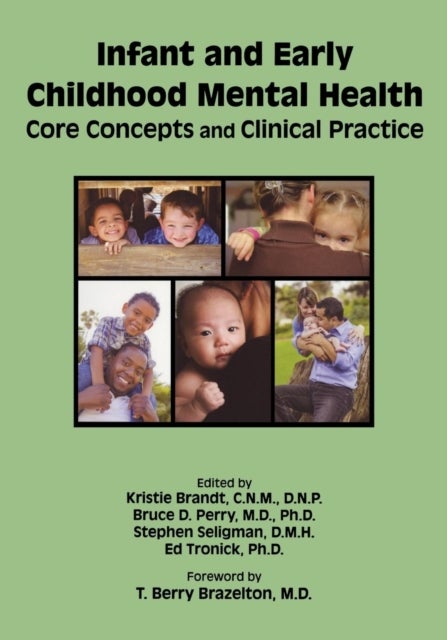
Screening av Angela E. (Consultant in Public Health the NHS Screening Programmes and Honorary Senior Lecturer University of Bristol Medical School: Po
529,-
Screening programmes involve the systematic offer of testing for populations or groups of apparently healthy people to identify individuals who may be at future risk of a particular medical condition or disease, with the aim of offering intervention to reduce their risk. For many years, screening was practised without debate, and without evidence, but in the 1960s serious challenges were raised about many of the screening procedures then being practised. Benefits and harms of screening must be measured in high quality trials, and the benefits of screening must be weighed alongside the negative side-effects. Concerns were raised about potential and actual harm arising when people without a health problem received dangerous and unnecessary investigations andtreatments as a result of routine screening tests. Controversy raged, and it took some 50 years to achieve widespread recognition that evidence-based and quality assured programme delivery was essential, coupled with provision of bala








